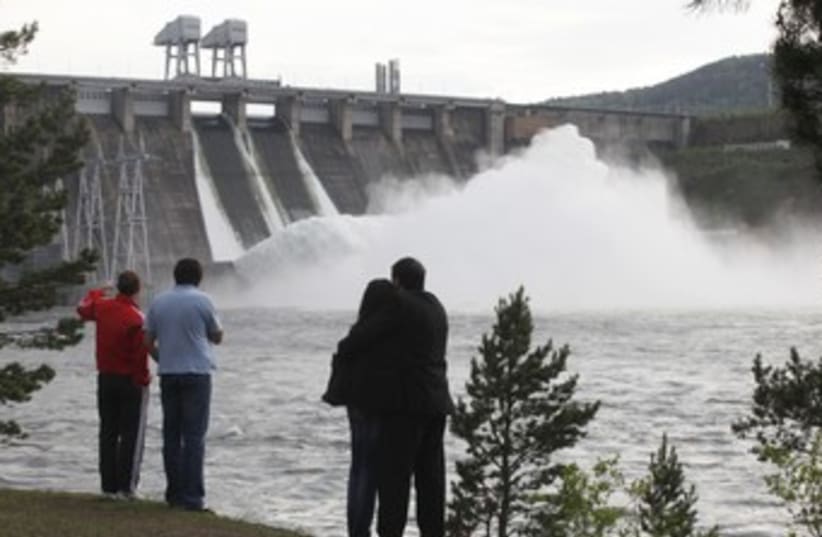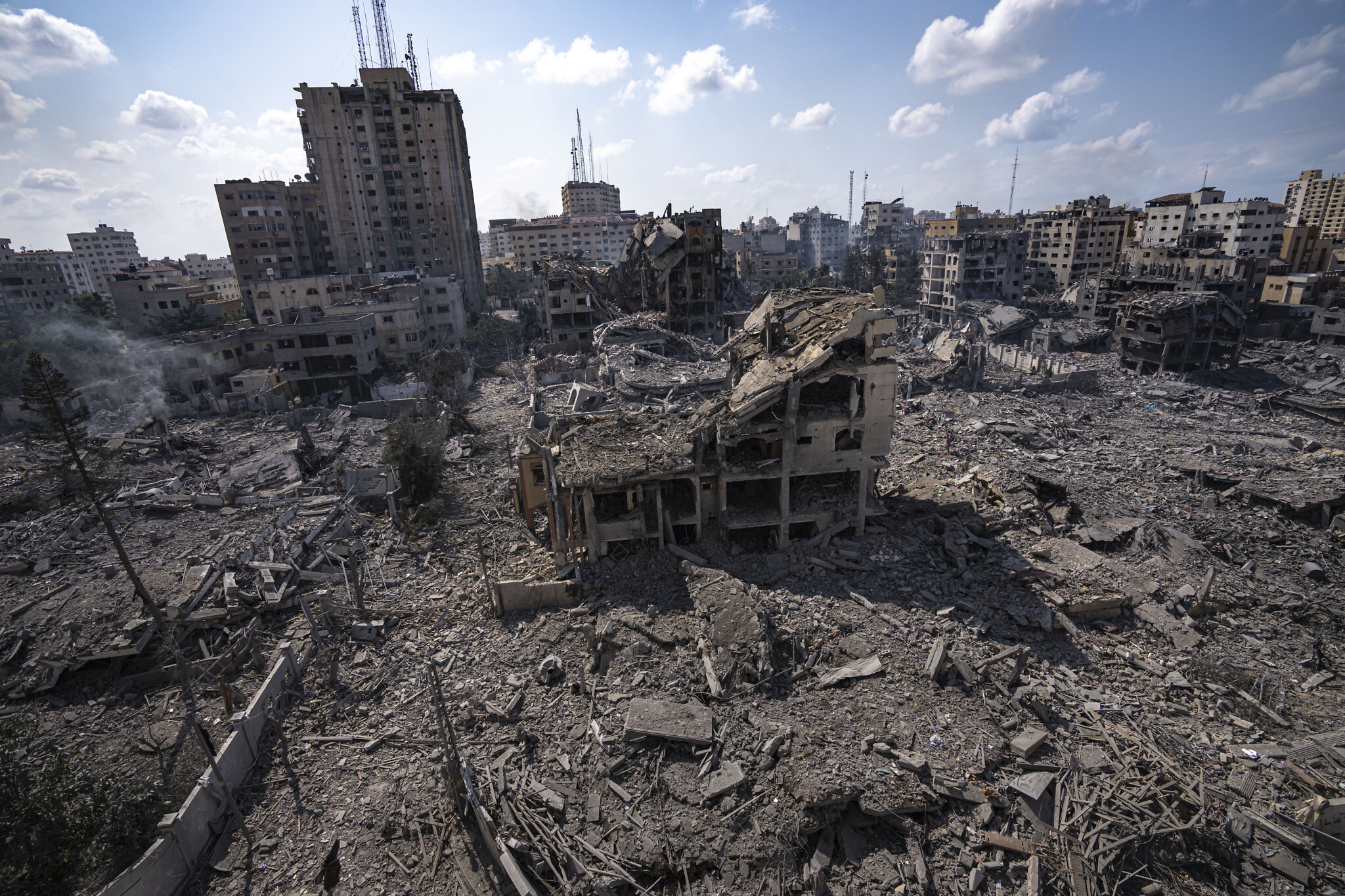
As you may have guessed, konseptsia (plural, konseptsiot) is a Hebrew word we Israelis often use. It means, roughly, a system of interlocking ideas (sometimes known, in English, as “parameters”) that, taken together, form a framework for thought. Rather than try to provide a closer definition, I will provide you with three examples of past konseptsiot that have paid a critically important role in the Israel’s history and are helping shape world history right down to the present day.
Konseptsia No. 1. To say that Israel has long history of fighting many of its Arab neighbors would be an understatement. The Arab Revolt of 1936-39, the 1948 War of Independence, the 1956 Suez Campaign, and countless smaller incidents followed each other in an almost unbroken chain. Still, as of the winter of 1966-67 there seemed to be no sign of an immediate threat. At the General Staff, the Intelligence Division was inclined to attribute this to the fact that Egyptian President Gamal Abdel Nasser had sent some of his best troops to Yemen to assist rebels against the government there. As a result, it was thought, he was in no position to wage war against Israel until further notice.
So far so good. But then, all of a sudden, things began to happen. Rather than allowing events in Yemen to give up any plans for a war with Israel, Nasser, perhaps because he worried lest Israel would soon be in possession of its first nuclear warheads, decided to use the prevailing tension between Israel and Syria to withdraw his troops from Yemen. Next, on 14 May 1967, he sent 110,000 of them into the Sinai Peninsula. Not content with this, on 18 May Nasser demanded that the UN withdraw its troops which had been stationed there since 1956-7 and were meant to separate the two sides. Granted his wish, on 22 May he closed the Red Sea to Israeli shipping, thereby undoing the fruit of the 1956 Suez Campaign and effectively cutting Israel’s maritime communications with the Far East. On 30 May King Hussein of Jordan arrived in Cairo where he signed a mutual defense pact with Egypt; a few days later Iraq too joined the alliance. As Israel watched the konseptsia, which said that another war any time soon was highly unlikely, collapsed, triggering a crisis in the government and near panic among the population. In the end it was only by means of a full-scale Israeli offensive against its neighbors that the situation was saved.
Konseptsia No. 2. Following its spectacular victory of June 1967, Israel was left in possession of the Sinai Peninsula (taken from Egypt), the Golan Heights (taken from Syria) and the West Bank (taken from Jordan). Six years later, in spite of the so-called War of Attrition waged by Israel and Egypt along the Suez Canal in in 1968-70, this situation still prevailed. Central to the confidence Israel exuded during those years was the belief, firmly held by the General Staff, that neither Egypt nor Syria would dare go to war without making sure they had air superiority first. Since this kind of superiority was deemed to be beyond those countries’ reach, Israeli Intelligence considered war to be highly unlikely.
However, reality refused to agree with theory. Instead of building up their air forces to the point where they could match the Israeli one the Egyptian and Syrians armies, lavishly supported by the Soviet Union, focused on vast arrays of anti-aircraft defenses to provide them with the cover they needed. On 6 October 1973, with some 350,000 first line troops between them, they attacked. They crossed the Suez Canal and, in the north, came very close to overrunning the Golan Heights. It took the Israelis eighteen days of ferocious fighting, as well as some 3,000 casualties (KIA only), to redress the situation. Once again, the konseptsia had failed.
Konseptsia No. 3. Though they fought outnumbered two or three to one, the October 1973 War did bring out the best in Israel’s fighting forces. Still the outcome of the war in question was much less decisive than that of its 1967 predecessor. Which explains why, starting late in that year and spilling over into 1974-75, an inquiry was held to discover the origins of the intelligence failure that had caused Israel to be taken by surprise and made possible the Arab’s early victories. The investigation appears to have been thorough, leading to the dismissal of the chief of staff and the chief of intelligence. A third high ranking casualty was the commander, Southern Front. Perhaps more important in the long run, both the intelligence-gathering process and the organization responsible for obtaining and disseminating it were reformed, albeit in ways that are not always available to the public.
Fifty years passed. By late 2023 Israel had been battling terrorism, especially but not exclusively that launched from Gaza, for ages. Assuredly it was a nuisance; but one to which the Israel Defense Forces had become accustomed and with which it had learnt to live, more or less. The border was fortified—with the aid, among other things, of a one-of-its-type heavy steel, sensor-studded, partition that surrounded the Strip and prevented the construction of underground tunnels—and equipped with lookout posts positioned so as to support each other and leave no square inch of land uncovered. Fences, searchlights, killing zones, and any number of other devices combined to make crossing the border without being detected almost impossible. For months prior to 7 October intelligence, some of it electronic, some obtained with the aid of drones, and some originating in the (mostly female, incidentally) lookouts in their lightly fortified positions, showed signs that something was afoot. Including, in particular, exercises mounted by Hamas by way of rehearsing an attack. Repeatedly, warnings went up the chain of command. As repeatedly, they were pushed aside. With Hamas’s past performance in mind, neither the Intelligence Division nor Southern Command could bring themselves to think that Hamas was capable of much more than mounting a company-size raid.
*
Came 7 October, a Jewish holiday. In a replay of 1973, several key commanders were with their families, enjoying a well-deserved break from duty. Presumably that was one reason why the Israelis were slow to react, requiring hours and hours before its armored forces and air force took up the fight. What happened next has been told many times and will surely continue to be told many times in the future. Instead of coming up with a company sized attack or two, Hamas sent in the equivalent of a brigade. In its wake came a mob of less disciplined marauders who, it turns out, were responsible for many if not most the atrocities committed by Hamas on that day. Instead of operating by stealth while trying to infiltrate the defenses, they brought bulldozers to tear them down. Instead of trying to avoid the lookouts, they attacked them head-on in their bunker-like, but still all too light, fortifications. Having crossed the frontier they spread out westward. Blocking Israeli roads, shooting up Israeli traffic, overrunning some nearby Israeli settlements, disrupting a music festival held nearby, and inflicting over a thousand casualties in dead alone—the largest number, as has been pointed out, of Jews killed in a single day since the end of the Holocaust. As these lines were being written over two months later Israel, its society and its armed forces were still fighting to deal with the consequences of the attack.
Don’t get me wrong. I am not saying that those who did not see the writing on the wall were idiots. Or that they neglected their duty, “falling asleep while on guard,” as the Hebrew phrase goes. Or that the technology deployed along the frontier was not good enough. Far from that being the case, it was some of the best and most advanced ever seen. What I am saying is something far more profound and much more important: namely that, much as people blame the konseptsia as the factor that guided and misguided Israel’s political-military thought, without some kind of konseptsia thought itself is impossible. Sticking with it may mean disaster; dismantling it risks leaving behind a jumble of incoherent, often vague and conflicting and misleading, ideas. When Clausewitz famously wrote about war, waged by fallible human beings under the most intense kind of pressure, being the province of confusion and misunderstanding he knew what he was talking about.
And so, dear readers, regardless of what technological progress, specifically including AI, may still some up with, it will remain. And not just in the military sphere either.










